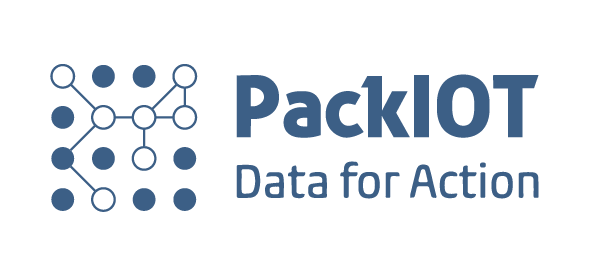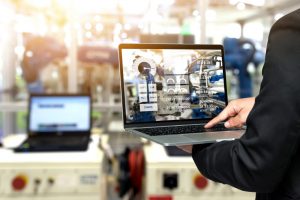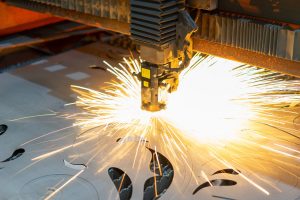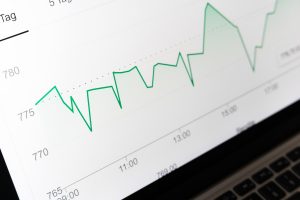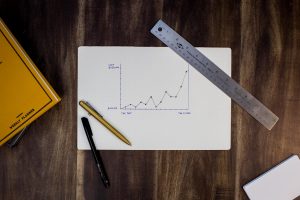Real-Time in Packaging: The 4 Main Advantages For Tube Manufacturers
By Mariana Costa, Marketing Specialist at PackIOT If the idea of having pilots, air traffic controllers or managers relying on data collected hours ago is utterly scary to us. So, what makes us think that it is actually a viable solution to apply the same strategy to a tube manufacturing company? I know what you’re thinking… “such a dramatic example!”. Well, it is…. But it might be what is exactly needed to understand the importance of real-time data monitoring vs data collected on paper and excel spreadsheets. Tube manufacturing plants that don’t adopt real-time data are always one step behind of fixing their problems or even of finding out they have one. https://www.youtube.com/watch?v=PQ3FZwdONic This is what your tube manufacturing business can get with real-time data: 1_Better people management By monitoring the systems it is possible to obtain immediate information regarding the distribution of employees in the different sectors of the company. At the same time, updated information on their availability is also given. No doubt about it… this makes everything a lot easier when thinking about how to manage a team and how to optimize the work of employees towards higher collective income. 2_Identify business opportunities…
